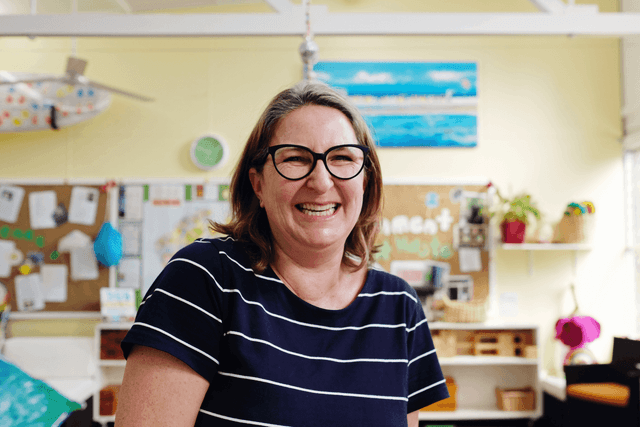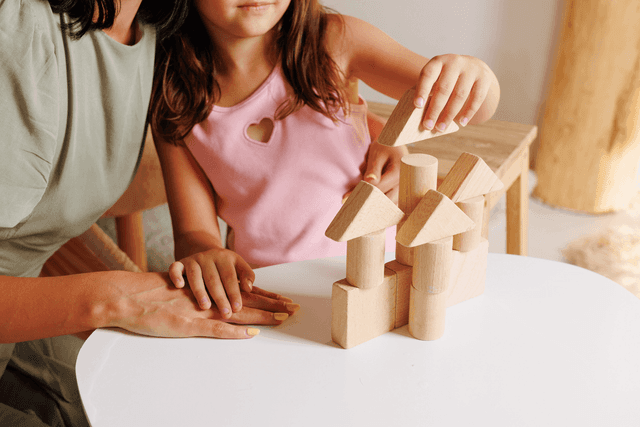In The Field
Sydney doctor calls to change ECEC vaccination rules

Freya Lucas
Jun 21, 2019
Save
Speaking with the Australian Broadcasting Corporation (ABC), Sydney doctor, Bob Kass, has called for the Australian Government to change recommendations in relation to measles vaccinations for children attending early childhood education and care (ECEC) services, as many parts of the country continue to experience outbreaks of the once dormant illness.
Dr Kass has said the vaccination should be given to those children attending ECEC earlier than the current 12 month schedule allows, particularly in centres where children and families travel internationally, given that a number of the recent measles outbreaks have been spread by travellers returning to Australia from countries where the disease is more prevalent."What if that child came back to Australia during the incubation period, the parents had to go back to work and immediately the child was put in childcare with other children under 12 months?" he said, concerned about the rapid transition of the virus to vulnerable infants.
He noted that by the time symptoms of measles emerge, the virus has been actively shedding, and has potentially impacted a number of people. Noting that “not everyone will do the right thing about immunisation before travel,” Dr Kass suggested that the detrimental effects on children and infants warrants a change in recommendations to support those at high risk of contracting the illness.
Offering a counter perspective in discussions with the ABC, Dr Asha Bowen said she did not believe such a measure was warranted, saying “I don’t think at this stage we need to be escalating to give a measles vaccine to Australian born children in Australian (ECEC) settings.”
Dr Bowen outlined the current “watch and wait” process, whereby, if a case of measles is detected in the community which puts children in a particular ECEC setting at risk, public health units follow up, contacting families and providing immunisation.
Measles remains on the radar of those both inside and outside the ECEC community, with 128 cases reported thus far in 2019, comparative with 103 cases for the entirety of 2018.
In the majority of measles reports, the disease has been bought into Australia by those returning to, or visiting the country from international holidays.
The Federal Government have previously highlighted that a number of people born in Australia between 1966 and 1994 may not be fully immunised against measles,because they are less likely to have had a measles vaccine, to have had only one dose, and because there was less measles disease in the community at the time of birth, meaning these people are less likely to have immunity from natural infection than people born before 1966.
For information about managing measles in ECEC, see here. Information about educator vaccination recommendations is available here.
Don’t miss a thing
Related Articles



















